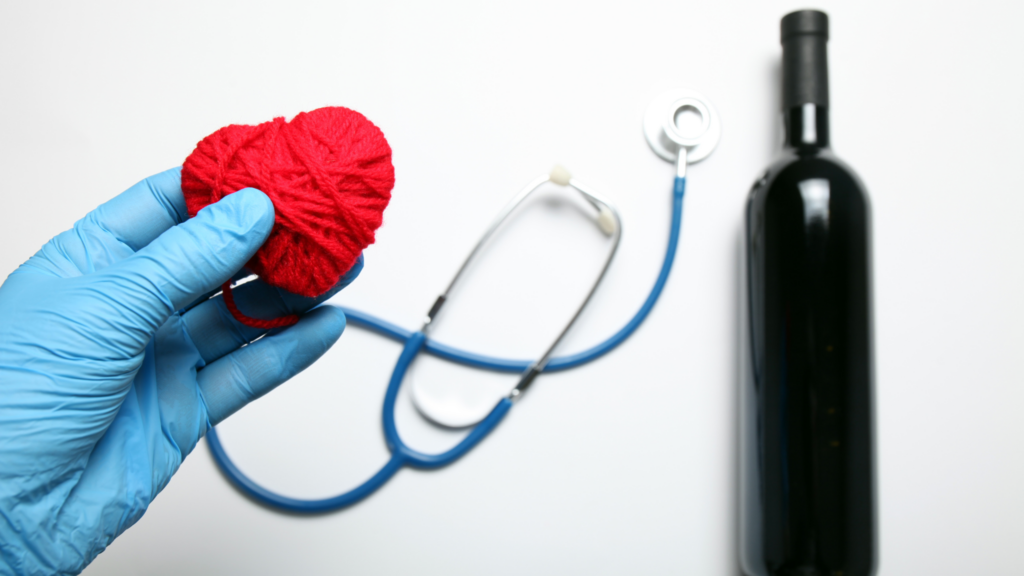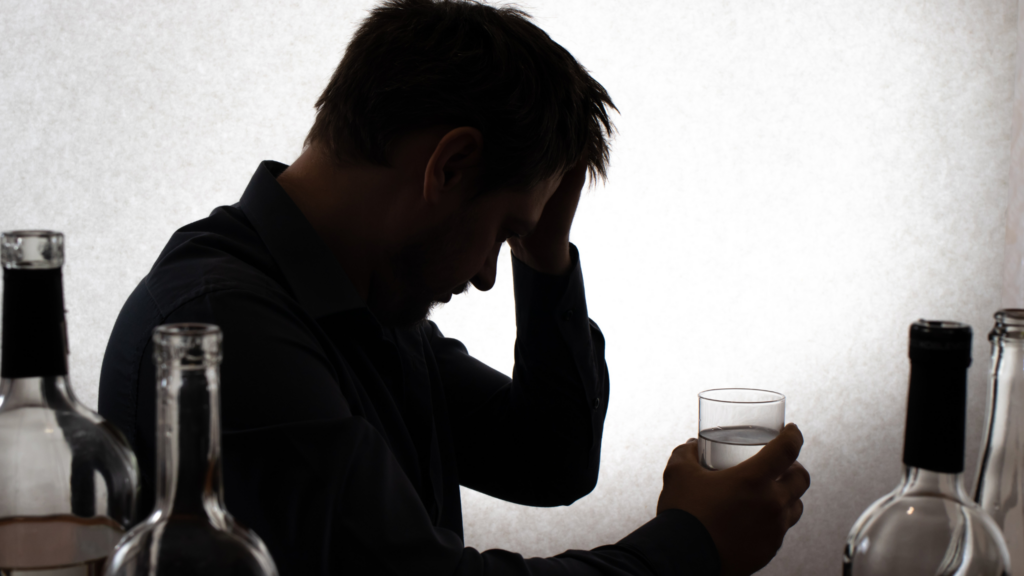
Getting alcoholic drinks from time to time may not seem like such a problem for most people. Unfortunately, drinking alcohol too frequently can cause a wide range of health complications, including cardiovascular disease. If you have a heart condition, you may already know that exercise and diet will help you stay healthy, but if you drink alcohol regularly, you may have to take a few extra measures to avoid further complications.
How does alcohol affect your heart rate? The short answer is that drinking too much can lower your heart rate and breathing to dangerous levels. Having more than three drinks per day can increase your risk of suffering cardiovascular death or other severe conditions.
Does this mean that you can’t have alcoholic beverages anymore? It’s a bit more complicated than that. This article has all the information you may need on how alcohol affects your heart.
Alcohol is a “depressant” drug, which causes quite the opposite effect as a stimulant. The more you drink, the slower the control your brain has over your body.
If you have a moderate alcohol consumption habit, you may experience how your speech gets slurred, you lose control over your body, and more. What happens when you drink too much, though?
People who drink regularly will probably not feel much, but this isn’t because the drink doesn’t affect them. It’s probably because the body developed a strong tolerance to alcohol’s effects, but it can still be a risk factor for high blood pressure and other health risks.
When you drink, many things are happening in your body, such as:
If you drink too much, you’re making your heart overwork itself to fight the alcohol you’re consuming. This leads to an abnormal heart rhythm and an increased risk of suffering from a heart attack.
Binge drinking already affects people with no known health conditions. Those with existing heart problems will have even higher risks after consuming more than a few drinks a day.

Heavy drinking doesn’t only affect your cardiovascular system. There are plenty of consequences to your mind and body that you expose yourself to every time you get alcoholic drinks.
Short-term risks include:
Long-term risks, on the other hand, are much more severe to you and your environment. These include:
As with everything else in life, you’ll take good care of your health as long as you take your drinks in moderation. Adults are recommended to either not drink or do it in moderation.
You’re considered to be “binge drinking” if you have over 4-5 drinks per day. On the other hand, you’re considered a “heavy drinker” when you have over 8-15 drinks per week.
Keep in mind that drinking excessively on certain occasions doesn’t necessarily mean you’re an alcoholic.
Most people feel their heart pounding after drinking alcohol, which is why it’s confusing to see that drinks can also slow down your heart rate. As mentioned before, you’ll experience a slower heart rate if you drink excessively one day, which is as dangerous (if not more) as getting a fast heart rate.
Men should limit their intake to two drinks or less per day, whereas women should only have one.
It’s important to note that alcohol isn’t safe for our health in any capacity. The best thing you can do if you want to take care of your health is to stop drinking.

Some people argue that alcohol could have benefits like:
Still, this doesn’t mean that you should start drinking every day in hopes of getting these benefits. The evidence is uncertain in most cases.
On the other hand, there are many healthier alternatives to keeping your heart in great condition, such as a good diet and exercise.
Even if you drink moderately, you’re exposed to other risks besides heart problems. It’s unlikely for a medical expert to recommend drinking alcohol as a way to get health benefits.
This is one of some people’s main concerns after getting these procedures done. How soon can you drink alcohol after open heart surgery? Is it even possible?
A few studies have examined how alcohol consumption affects mortality in patients undergoing coronary artery bypass surgery. The conclusion states that only heavy drinking presents a considerable risk factor among CABG patients. However, this doesn’t mean that you should drink right after surgery as if nothing happened.
Bypass patients can drink again as long as their doctor allows them to. Keep in mind that people who underwent surgery will likely get medication to control their blood pressure. Alcohol can alter that medication and make it less effective.
Most of the time, it’s not “ok” to drink alcohol after getting surgery. You would have to wait until you get permission from your doctor. Even then, it’s not recommended to drink again, as that could affect your heart considerably in the future.
Going “cold turkey” with alcohol isn’t recommended if you’re used to drinking every day. This could make you experience withdrawal symptoms that affect your physical and mental health.
If you want to lower your intake safely, the best thing you can do is to gradually switch to a lighter drink. You can also add water to your drinks to make them less intense.
Other tips include:
Once you’ve reached a certain point, you could try to stop drinking entirely. It’s important to seek help from mental health professionals and loved ones during these times, especially if you feel like you’re struggling to stop.
Alcohol consumption isn’t entirely safe on any level. However, you can drink in moderation and stay healthy.
If you’re planning on drinking, make sure not to take too much. This can cause your heart rate and breathing levels to go extremely low, which can expose you to many short and long-term problems.
Copyright © CardiacKrock.com. 2022 All rights reserved. | Sitemap